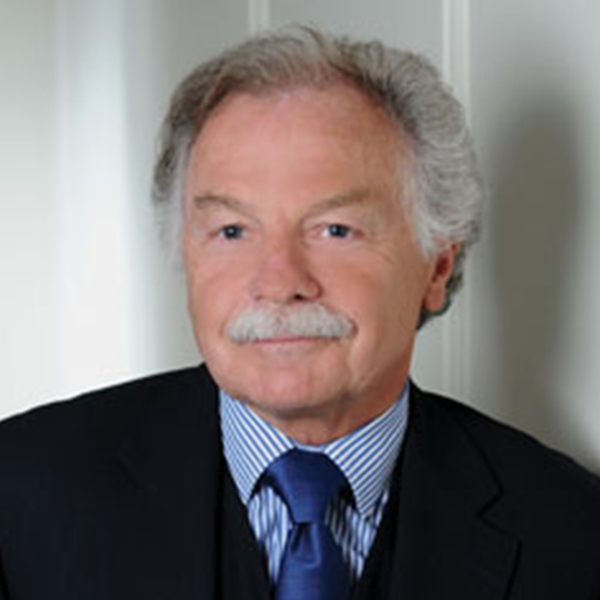More than 500 years later, as I write from Cape Town, South Africa, a positive attitude, perhaps vision, seems very much a part of the fabric of this beautiful land some refer to as paradise.
Around the year 1488, a Portuguese explorer named Bartolomeu Dias, after attempting more than once to sail around a discovered southern cape, complained to his king that they should name it “Cape of Storms.” The King however, felt differently. It would be called the Cape of Good Hope because at last they had discovered a sea route to the treasures of the East.
More than 500 years later, as I write from Cape Town, South Africa, that positive attitude, perhaps vision, seems very much a part of the fabric of this beautiful land some refer to as paradise.
The history of this place might have easily suggested that there would be little room for positive thinking. The beautiful coastlines invited treacherous shipwrecks and loss of life. Explorers often became conquerors. First the Portuguese, then the Dutch, then the British all staked claims to this remarkable place to expand their need for trade and colonialism. Of course, they often brought disease, the displacement of Indigenous populations, conflicting cultures, religions, racial tensions, new rules and conflicts.
And, yet, positive visionaries also brought new ideas, opportunities and creative adaptations to this new land.
In the 16th century, the Dutch East India Company introduced an oasis of fresh water and fruit to the tip of this southern continent and addressed the scourge of scurvy affecting their fleets as they journeyed around the cape.
Four centuries later, a young man named Cecil Rhodes, diagnosed with a heart disorder, took the advice of his British physicians and moved to South Africa to seek health in its warmth. This gigantic visionary first found wealth in diamonds and soon envisioned united colonies from the Cape to Cairo. That dream was not fulfilled as he died far too young, but he left an unparalleled legacy, from the introduction of a citrus fruit industry, to wineries, hospitals, railways, universities and of course scholarships, throughout the world.
People are often shaped by the lands they inhabit, from sea coast to prairies and mountains to deserts. Here in South Africa, the coastlines are prominent and spectacular, of course, but there is one image that keeps recurring for me, the lush flowers and vegetation.
One of the world’s most sensational botanical gardens, Kirstenbosch, is found here. More than 1,000 acres of stunning floral wealth seems to be the heartbeat of flowers and vegetation, which artery out everywhere. The care and preservation of nature and its renewal seems symbolic in a way. There are six floral zones designated throughout the globe, each a birthplace of unique species. South Africa is one of them.
And yet the darkness of the apartheid era in South Africa could overshadow any sense of hope without the emergence of the incredible Nelson Mandela.
A period of terrible racism, segregation, violence, poverty and inequality permeated this land for many years. Freedom and hope seemed to be locked away with Mandela for more than a quarter century until finally his gentle fist rose in the air as he walked to freedom in 1992.
Interestingly, faced with growing violence within the country and international pressure, President Frederik Willem de Klerk saw the future and held a referendum in 1988. There was one question. Do we free Nelson Mandela, yes or no? Shocking to many, as only whites could vote, more than 80 per cent voted for his freedom.
Mandela, however, declined his freedom until the government agreed to end apartheid. Four years later, in the first free election in the country’s history, Mandela was elected president of a “new” South Africa.
Despite the poverty that still exists here, especially in the townships, since 1994, a new energy of renewal has gripped this country as millions previously excluded gained access to education, home ownership, medical clinics, electricity and clean water. Moreover, a new constitution collaboratively created imbued a new sense of hope.
As I left Canada, a dark hopelessness seemed to be developing. U.S. President Donald Trump was tweeting threats and undisciplined insults at our nation. Our country was struggling to find a reasoned balance to our history and the treatment of our Indigenous peoples. In Ontario, newly elected Premier Doug Ford was arrogantly pursuing the politics of immediate gratification devoid of vision. Indeed, much of our world seems to be experiencing their own Capes of Storms.
I mentioned to a South African man here that I was writing a column and struggling for a theme to capture all of this. He mentioned that South Africa celebrates an annual national day of positive thinking! Well, of course they do.
I will soon be embarking on my own journey back home. I will have left behind but always remember this Place of Good Hope.











